“NieR:Automata Ver1.1a”: Producer Opens Up About Her Passion for the Original Work and How She Poured Her Heart and Soul Into the Anime Adaptation [Part 1 of 2]
2024.08.16

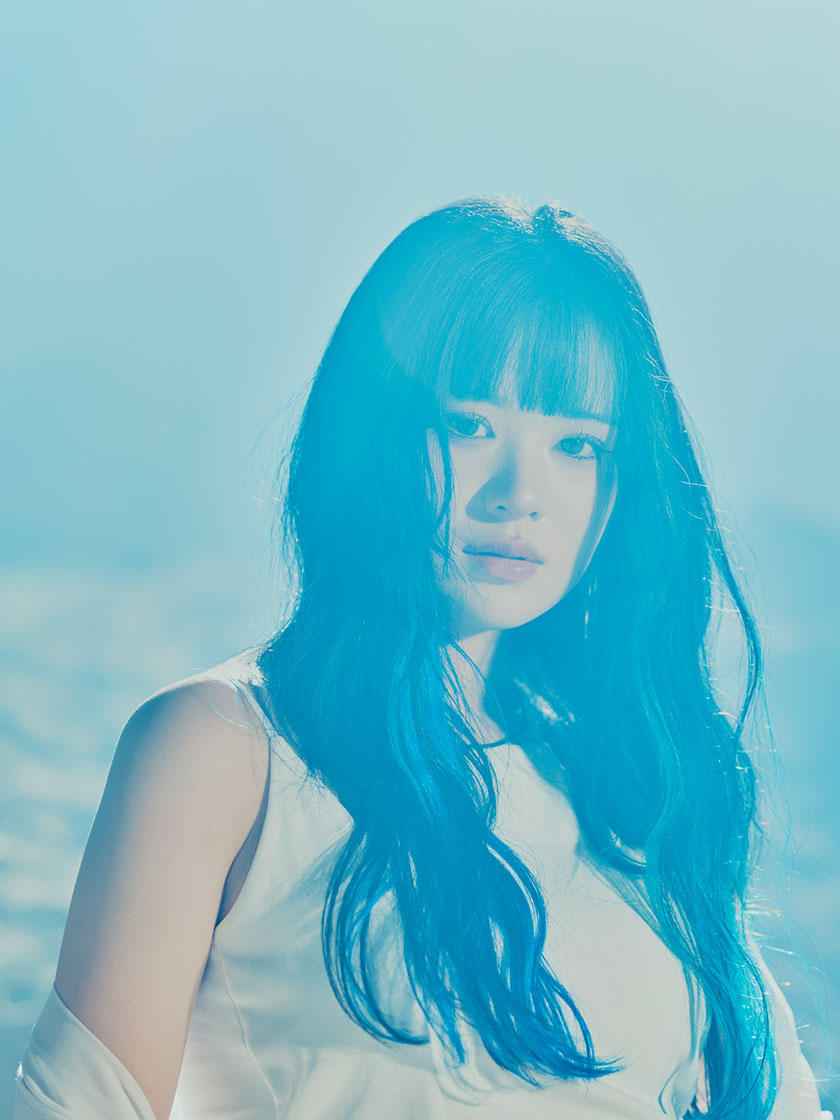
2024.02.16
“Eyes on" is a series of articles that spotlights the artists to keep an eye out for, and brings you closer to the true face of the artist with the latest interviews and private shots.
This issue features an interview with the hit singer krage, whose sings the much-talked-about “Haruomoi,” the ending theme song for the Japanese dubbed version of the anime “Heaven Official’s Blessing: Season Two,” and “request,” the ending theme song for the TV anime “Solo Leveling.” She reveals how she got into music in her hometown in Hokkaido, her current state after making her major label debut, and how her dual identity as a Chinese-Japanese influences her creation as a singer.
※The original Japanese article appeared on February 16, 2024.
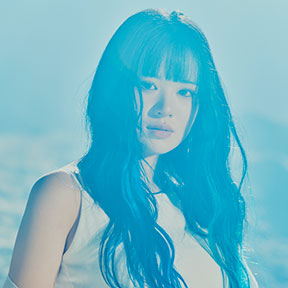
krage
Born and raised in Hokkaido, Japan to a Japanese father and a Chinese mother, krage began her music career as a solo artist in 2020 with the digital release of her original songs. She made her major label debut in April 2022 with “HIBANA,” then gained attention with “Natsu no Yuki,” the ending theme song for the TV anime “Raven of the Inner Palace” which was broadcast in October 2022. CDs of “Haruomoi,” the ending theme song for the Japanese dubbed version of the anime “Heaven Official’s Blessing: Season Two,” and “request,” the ending theme song for the TV anime “Solo Leveling” will be released on February 28 (both are available on music streaming services as well).
――This April marks the 2nd anniversary since your major label debut. When you look back over these two years, what have been some of the most memorable moments?
I have two. First, I was invited to perform at the Taipei International Comics & Animation Festival in Taiwan in January 2023. It was my first time to perform overseas, so I was quite nervous but the Taiwanese people welcomed me warmly. I also had an autograph session as well as the live show, and everyone spoke to me in Japanese.
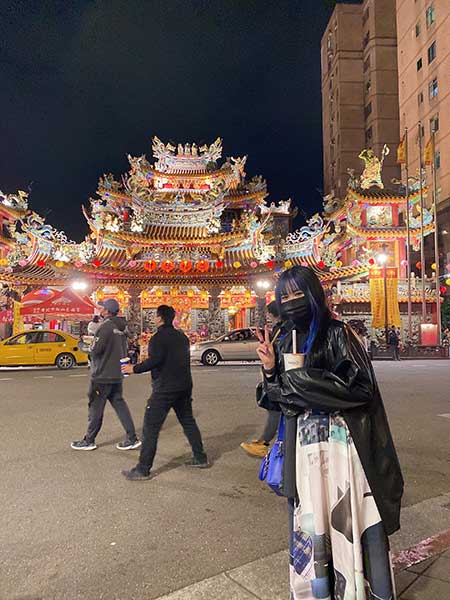
“I requested to go to somewhere very Taiwanese, and this is the temple I was taken to. It’s so fancy. I even enjoyed an authentic tapioca drink.”
――Do you speak Japanese, Chinese and English?
I can at least understand a little bit of basic conversation in Chinese and English, but not enough to be able to speak fluently. I’m still leaning every day. At that event, some people spoke to me in Chinese, but almost 80% of the people spoke to me in Japanese. I was very surprised at the high level of enthusiasm for anime in Asia and the tremendous influence it has.
Another thing is, I felt that the ending theme song “Haruomoi” for the Japanese dubbed version of the anime “Heaven Official’s Blessing: Season Two,” which has been broadcast since January, reached a lot of people. I wrote the lyrics for this song. It was my first attempt to completely write the lyrics on my own for an anime song collaboration.
I was struggling finding the right balance between lyrics that would be close to the original story, but that would also be understandable to people who are not familiar with the story either. It took a lot of time, but I’m happy since I feel like the lyrics are reaching both fans of the anime and people who don’t know about it either.
――If you look at the comments on YouTube, fans of the original anime are praising the song. A lot of them said “krage gets it.”
Yes, that’s right. I was worried about what I would do if someone told me something was wrong, but I was relieved to hear how warm everyone’s feedback was. I wanted to respect the fans’ interpretation of the original work, so I spent a lot of time considering these things and working hard on the song. I’m glad I did.
――What does this song mean to you?
It’s a heavy song with a big theme. I think this is a grand love song, about thinking of someone truly and honestly, but I haven’t listened to many love songs in the past, and I’d never written one myself. That’s why I couldn’t come up with any words at all at first.
I didn’t really know how to put the passionate feelings about someone into words, so I struggled from the start. Whenever I wasn’t sure, I repeated the process of watching the original anime and thinking about it over and over again.
So, for me, writing these lyrics was the first time I’ve ever know this kind of emotion…It’s a bit difficult to put into words, but by writing about my feelings for others, I was able to learn about those feelings as well. I feel very grateful for this opportunity.
――How do you feel about the popularity of your collaboration with Chinese anime, following the success of your ending theme song “Natsu no Yuki” for the October 2022 season of “Raven of the Inner Palace” which is set in a Chinese inner palace?
I think there is an affinity with me. I’m happy when fans of my work say, “You have roots in Japan and China, so that’s a perfect fit for your work,” but I also feel it’s important that I can make the music with my own identity.
Personally, I’d like to reach a point where people say, “if krage is involved in the music for a Chinese-style work, it would be a sure thing.” Recently, the number of Chinese-style productions has been increasing, and among those who like such works, I hope to be the one who brings the best songs.
――Both “Natsu no Yuki” and “Haruomoi” are ballads. What are your musical roots?
My roots are definitely Western music. The first thing that made me want to do music was the acoustic live performance by Lady Gaga I saw when I was in the second grade of junior high school. However, I’ve also listened to anime songs and Vocaloid songs, and I also like K-POP songs and media. So, I don’t have any boundaries on genre in my mind. I’m not really good at bright pop music (laughs), but I feel like I would try anything.
――krage, what is your own image as an artist?
If you ask me whether I’m positive or negative, I’m more of a negative person, so my worldview is a bit on the dark side. My theme is “fragility, darkness and toxicity.” As long as those elements are involved, I’d like to make a song regardless of the genre. In terms of the lyrics, I’d rather be a presence who never denies people’s feelings, even when they are down, rather than try to force them to cheer up by saying “It’s alright, things will work out!”
――”Tokyo Longing,” the track by maeshima soshi which contains the melody and lyrics you created, is a song that truly combines “fragility, darkness and toxicity.” The anxieties and struggles of starting a new life are depicted in fragile, yet emotional words.
I moved to Tokyo in August 2022 and released this song in April the following year. Before I moved to Tokyo, I had a stereotyped longing, or admiration, for Tokyo but in actuality it was a bit different from what I had expected. I wrote this song when I became homesick.”
――What was different from what you expected?
Well, people are rushing all the time, the flow is too fast and overwhelming, and some people seem a little reserved. When I walk around the city, I often see drunken office workers and other situations that make me think, “Ugh, this is the reality…” It’s amazing in terms of creativity, but there are many aspects to this city. I wrote this song based on what I honestly felt.
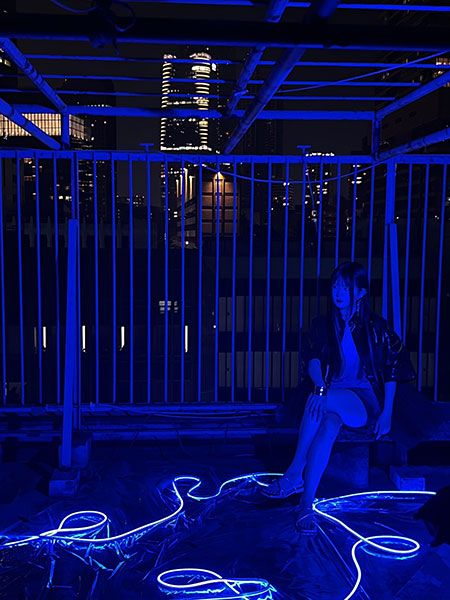
“This is from an official photo shoot last summer. It was taken on the roof of a building with some kind of lighting tape. It was like, ‘It’s summer, let’s show off the legs,’ which is an unusual outfit for me.”
――There are some musicians who are based in their hometowns. Did you ever hesitate to move to Tokyo?
Not really. My mother used to work as a jewelry designer in Tokyo, so she didn’t have any objection to me moving to Tokyo. When I was in a local rock band, there was a period when I felt a bit cramped by the small size of the community. So, I wanted to play more freely.
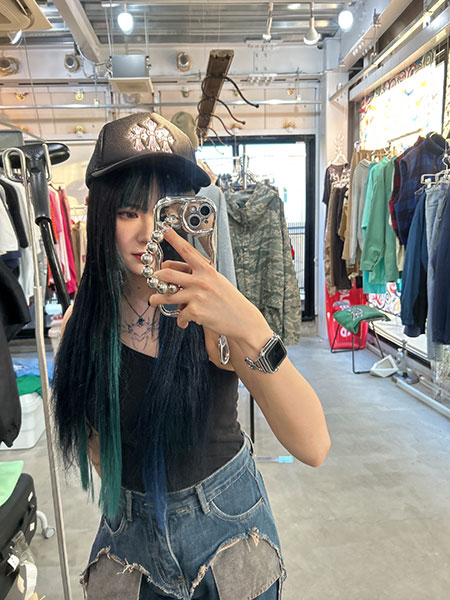
“I took a selfie in my street clothes at a thrift store. It was summer at that time, so I wore denim and camisole to make it look a bit more “gyaru” style. I tried to keep in mind the trendy Y2K fashion.”
――Right after you became a solo artist and started your indie career, you posted a video of yourself singing “unravel” (TK from Ling tosite sigure) in YouTube, didn’t you?
When I was in the third grade of junior high school, I liked the anime “Tokyo Ghoul” and kept listening to the opening theme song “unravel.” However, I couldn’t sing it well enough to satisfy myself. A few years later, when I became a solo artist, I decided to give it a try.
I recorded it at home, mixed it myself, and posted it on Instagram at first but then I thought I’d try uploading it to YouTube as well. So, I created an account and posted “unravel” as my first video, and before I knew it, it was getting a lot of views.
――It now has over 2.4million views. How do you feel about it?
I didn't expect I would get this many views. Some people commented that it was like Touka (Kirishima) from "Tokyo Ghoul" was singing, everyone was listening to it from various perspectives.
I put it up on YouTube without any serious intentions, but to have so many people listen to it made me think I should have recorded it in a better environment (laughs). It was the first moment I realized that my songs could reach people in various countries, not only in Japan.
――About two years later, you made your major label debut, and now you are singing a song produced by TK.
That’s right. In the YouTube comments, people wrote things like “I never thought it would lead to TK producing a song for you.” I think the viewers were surprised, but I was the one who was most surprised (laughs). I was like, I never thought such a day would come!
――How did you feel when the offer was made?
“What? Are you sure?” was the first thing I said. I had always admired TK and he was the person who inspired me to listen to Japanese music, so it didn’t feel real. I had seen him perform live several times and even met him before he decided to write a song for me, but even then it didn’t feel real.
It still hadn’t hit me yet, and here he was offering me a song. The production had progressed steadily, and I felt like I had come this far without fully realizing the reality of the situation (laughs).
――It’s an amazing story, starting with your encounter with TK in the third grade of junior high school.
It was really unexpected. Even during the production, I felt the story was going on in my dream. But when we started recording, TK was there, the song was there, and there I was singing. I wondered if this was real. I can’t really express it in words, but I felt that covering “unravel” at that time brought this kind of connection to me.
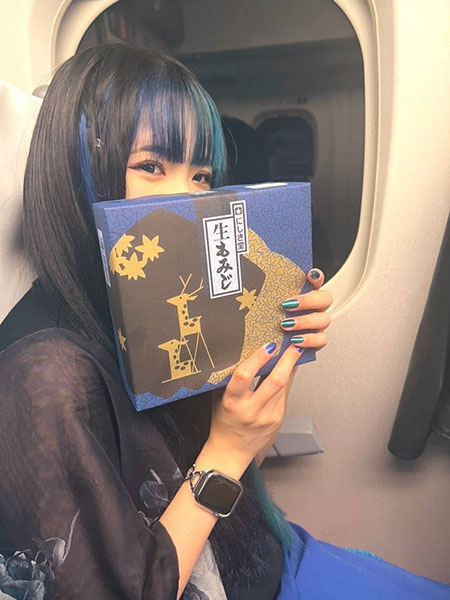
“I was on a bullet train traveling from Hiroshima to Osaka. Since I had to leave right after the live show in Hiroshima, I bought some raw momiji manju (a baked Japanese sweet) as a quintessential Hiroshima souvenir and was like, ‘Yay!’ It was delicious!”
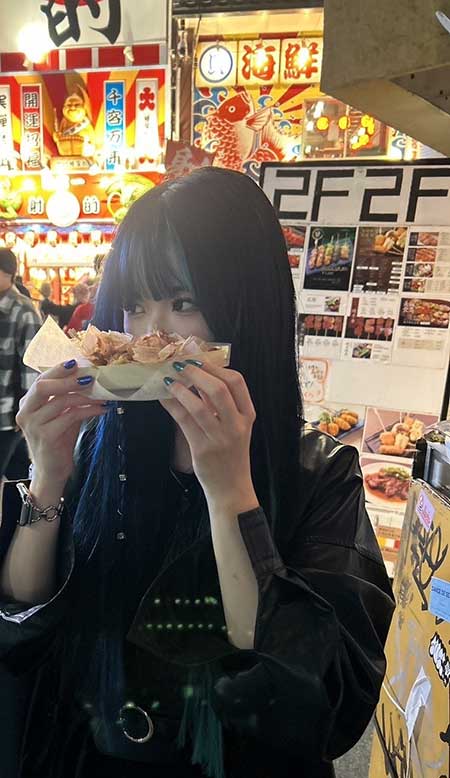
“As soon as I arrived in Osaka, I was invited by a friend who was also playing at the same live show to go and eat takoyaki. They were also delicious!”
――How did you feel when you received “request,” which was written, composed, arranged, and produced by TK?
My first impression was, “this is amazing!”, but a lot of the lyrics are linked to my personality. I felt most inspired while singing and listening to the song. Whenever I’m worried or struggling with everyday issues, I listen to “request” to encourage myself. It’s a song that makes me think, “I will be okay because I have this song.”
――What part of the song do you particularly relate to?
The song depicts the feeling of being inferior and being aware of one’s own weaknesses, but also wanting to fight against such feelings and the world. Since it’s the ending theme song for the anime “Solo Leveling”, you might imagine monsters and battles, but the song itself is also linked to people living in the real world. I think many people can empathize with this song.
――It’s dark and emotional rock, so not only the lyrics but also the melody and sound suit you.
Listeners who know my other songs may find this surprising, but I’ve always liked rock music, so it’s a perfect fit for me. I’ve told you that I was taking on a new challenge, but I also feel like I’ve finally achieved what I wanted to do.
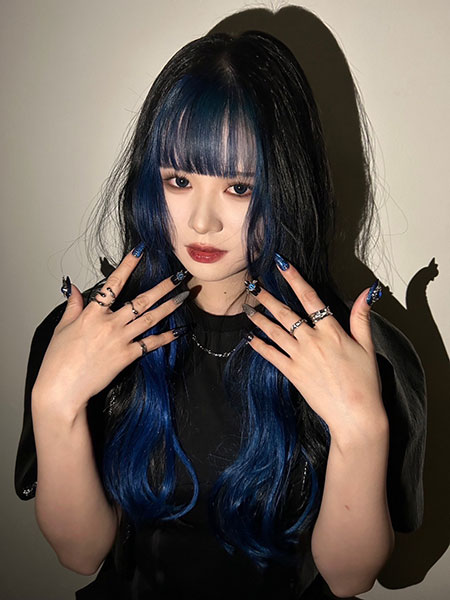
“The music video for ‘request’ was shot with a green backdrop for computer graphics. The green part of my hair would disappear, so we hastily painted the green part blue. I went back to blue hair after a long time without it. Those poisonous-looking nails are also done by me.”
――The single “Haruomoi” released on February 28 includes a Chinese version, and “request” includes an English version. That’s something unique to you, as you sing in Japanese, Chinese and English.
I think so. When I first met with the label staff before my debut, they asked me if there was something I wanted to do in the future. I answered like, I wanted to release a song in three different languages. Being able to release the Chinese and English versions at this time is a moment when I was able to achieve one of my goals.
――Also, the live tour “Welcome to My Tone” will start in March.
Since this is my first tour, I presume many people are coming to hear my songs for the first time. I believe I could show the duality, fragility and toxicity of krage with the epic ballad “Haruomoi” and the dark rock “request,” but since the songs I’ve released so far are not bound by genre, I don’t think they could fully understand me by just my singing.
So, I’d like to change the expression and presentation of my voice for each song, and create the live show where I can draw the audience in with each song. My songs are very broad, so I’m working so hard on the setlist (laughs). I hope to show that the same artist can sing completely different songs, and that they can possess such different characters depending on the song.
Text by Atsuo Nagahori
Translated by Yumi Hasegawa

2024.08.16
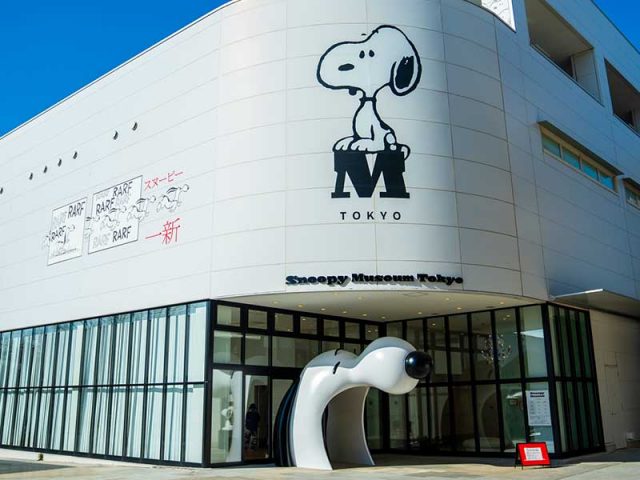
2024.07.31
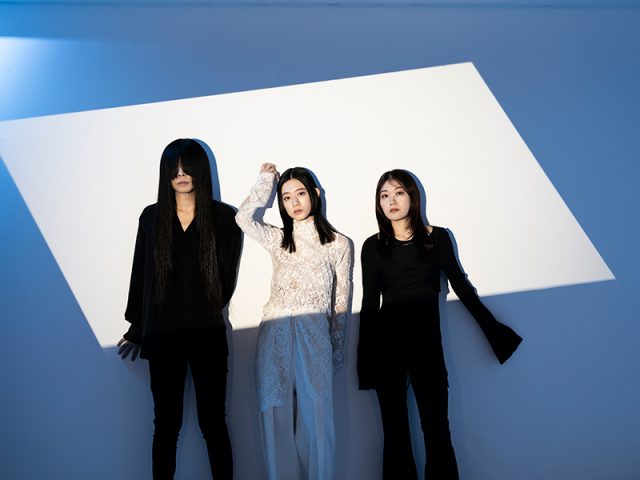
2024.03.05
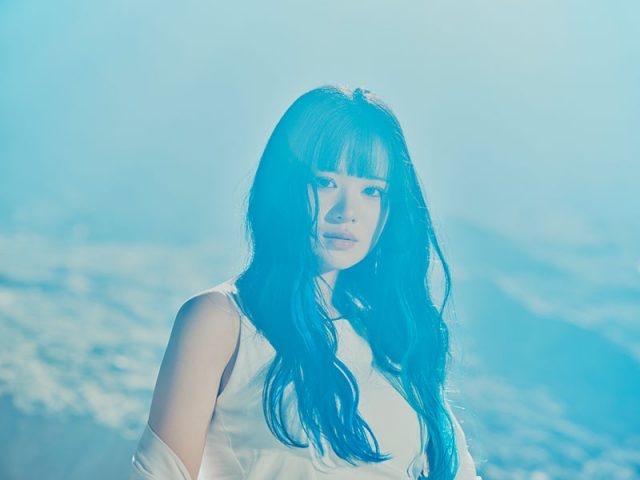
2024.02.16
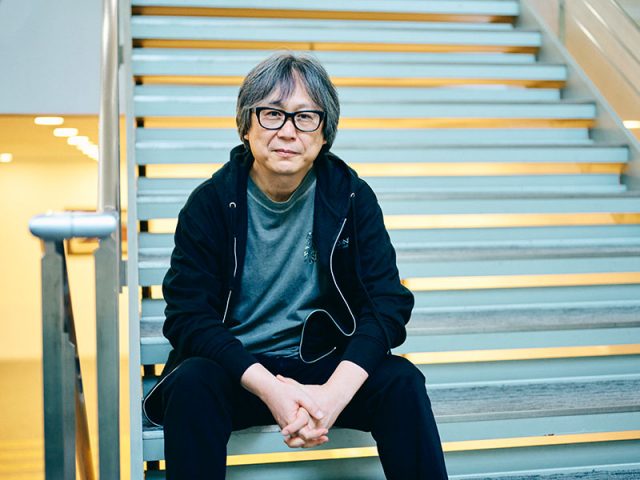
2023.11.15
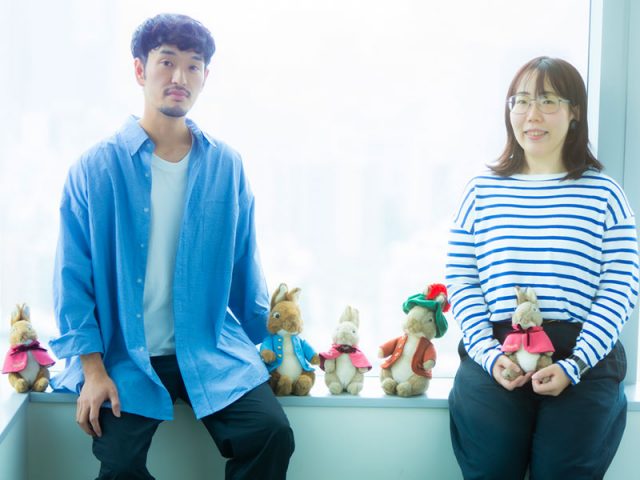
2023.10.30
Follow the official Sony Music SNS
Get the latest news from Cocotame